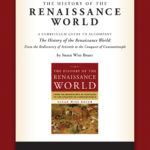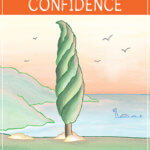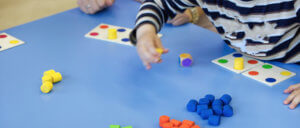
Like other classical educators, we suggest that students of all ages memorize and recite poetry. Memorization and recitation build two different (but complementary) sets of skills. Memorization improves vocabulary; students who memorize poetry learn a wide range of descriptive words that they might encounter infrequently — or not at all! — in prose reading. If a student reads a word in a novel, she might or might not remember it for later use. But when she commits it to memory in proper context (as the memorization of lines of poetry requires), she is much more likely to have it at her “mental fingertips” for use in her own speaking and writing.
Memorization also builds into children’s minds an ability to understand and use complex English syntax. The student who memorizes poetry will internalize rhythmic, beautiful patterns of English language. These patterns have become part of the student’s “language store,” those wells of language that we all use every day in writing and speaking. Without memorization, the student’s “language store” will contain only those phrases and patterns which he hears over and over again — the language patterns that your family uses every day. But memorization “stocks” the language store with a whole new set of language patterns.
Recitation — learning to speak memorized pieces out loud, with fluency and expression — helps to “set” memorized pieces in the student’s memory. But recitation also develops skills in presentation. When a student learns to stand still (without jiggling, rocking back and forth, picking his nails, rubbing his nose, or twirling his hair) and speak, he’s learning the all-important skills he’ll need for job interviews (not to mention gracious social interaction). When he can stand still even under the gaze of multiple listeners, he’s learned a poise under observation that will serve him in social situations for the rest of his life.
Children’s minds work differently in the three stages of classical education. Elementary students have retentive minds; in grades 1-4, a student can memorize a piece of poetry in a week simply by reading it, out loud, three times, every morning. When the piece is memorized, require the grammar-stage student to recite it from memory in front of something inanimate — a stuffed animal, a picture, or a favorite toy. When he can do this, ask him to recite it in front of a mirror. When he’s able to do this (without giggling), ask him to recite it in front of you. When he can do this, ask him to recite it in front of several relatives at once — father, mother, siblings, grandparents, cousins.
In the “logic stage” (grades 5-8), students should still read their memory pieces out loud three times every morning. But since their minds will begin to work more analytically, you can also ask them to pull a poem apart and identify such things as rhyme scheme, alliteration, and type of meter. This analysis will help the student’s mind retain the poem. Logic-stage students should be asked to recite before family friends and non-related adults. We don’t necessarily recommend peer recitations; students in grade 5-8 can be unintentionally cruel (mocking each others’ gestures and tones for fun), and you don’t want to embarrass a logic-stage student at a time when self- image can be a huge problem.
“Rhetoric stage” students (grades 9-12) can memorize both through repetition and through analysis. They should also progress on to a careful evaluation of the poem’s ideas. Why did the writer choose certain words? What would the contemporary audience have thought of the work; would it have been revolutionary or old-fashioned? How do the writer’s words and rhythms manipulate the audience’s emotions? Does repetition draw attention to certain words or phrases? Why? Is the poem or speech an appeal to reason or to emotion? How does this change its method of delivery? Rhetoric stage students should take part in public speaking or drama presentations whenever possible; at this age, recitation should take place for peers, as well as for family and friends.
It is often easier to find poetry resources for older students than for younger students. Older students can often commit to memory those works which they are reading in literature. For younger students, however, funny, rhythmic, memorable poems can be hard to locate! The following list is especially useful for grades 1-6. As always, parents should use discretion; we haven’t read every single poem in every single book! But these titles should provide plenty of appealing poems that students will enjoy memorizing and reciting.
Ferris, Helen, ed. Favorite Poems Old and New, illus. Leonard Weisgard (Doubleday, 1957).
Frost, Robert. You Come Too: Favorite Poems for Readers of All Ages Young Readers (Owlet Paperbacks, 2002).
Hall, Donald, ed. The Oxford Illustrated Book of American Children’s Poems (Oxford University Press, 2001).
Kennedy, Caroline, ed. Poems to Learn by Heart, illus. Jon J. Muth (Disney-Hyperion Books, 2013).
Lear, Edward. A Book of Nonsense (Everymans Library, 1992).
Milne, A. A. When We Were Very Young (Puffin, 1992) and Now We Are Six (Puffin, 1992).
Nash, Ogden. Ogden Nash’s Zoo (Steward, Tabori and Chang, 1987).
Prelutsky, Jack.The Random House Book of Poetry for Children (Random House, 1983).
_____. The Twentieth Century Children’s Poetry Treasury (Knopf, 1999).
_____. Tyrannosaurus Was A Beast, illus. Arnold Lobel (Mulberry Books, 1992).
Stevenson, Robert Louis. A Child’s Garden of Verses, illus. Tasha Tudor (Simon & Schuster, 1999). Visually engaging, but you can find the Child’s Garden (which is now public domain) in a number of cheap paperback editions.
Elizabeth Wilson’s Books Children Love, rev. ed. (Crossway, 2002) has a useful section of poetry resources.
Recommended Products
-
Sale!

The Well-Trained Mind: Essential Edition
0 out of 5$39.99$34.95 Add to cart -
Sale!
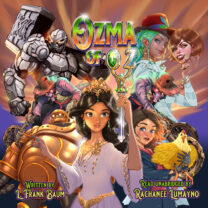
Ozma of Oz
0 out of 5$19.46 – $25.46 Select options -
Sale!
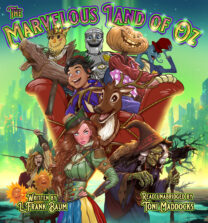
The Marvelous Land of Oz
0 out of 5$19.46 – $25.46 Select options -
Sale!
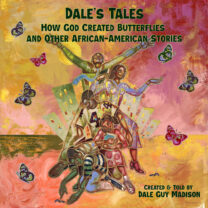
Dale’s Tales
5.00 out of 5$8.95$6.71 Add to cart -
Sale!
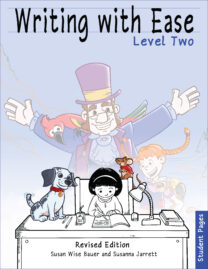
Writing With Ease 2, Revised Student Pages
0 out of 5$15.95 – $16.11 Select options -
Sale!
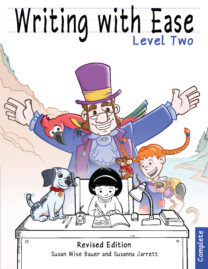
Writing With Ease 2, Complete Revised Edition
0 out of 5$31.95 – $33.11 Select options -
Sale!
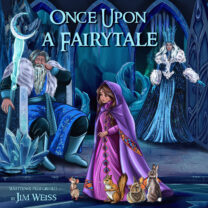
Once Upon a Fairytale
0 out of 5$9.71 – $12.71 Select options -
Sale!
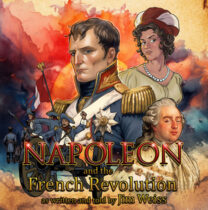
Napoleon and the French Revolution
0 out of 5$11.01 – $14.41 Select options
ABOUT THE AUTHOR
Jessie Wise
Join over 100,000 homeschooling families
For the latest offers, educational insights, products and more.
By joining you agree to our privacy policy.




